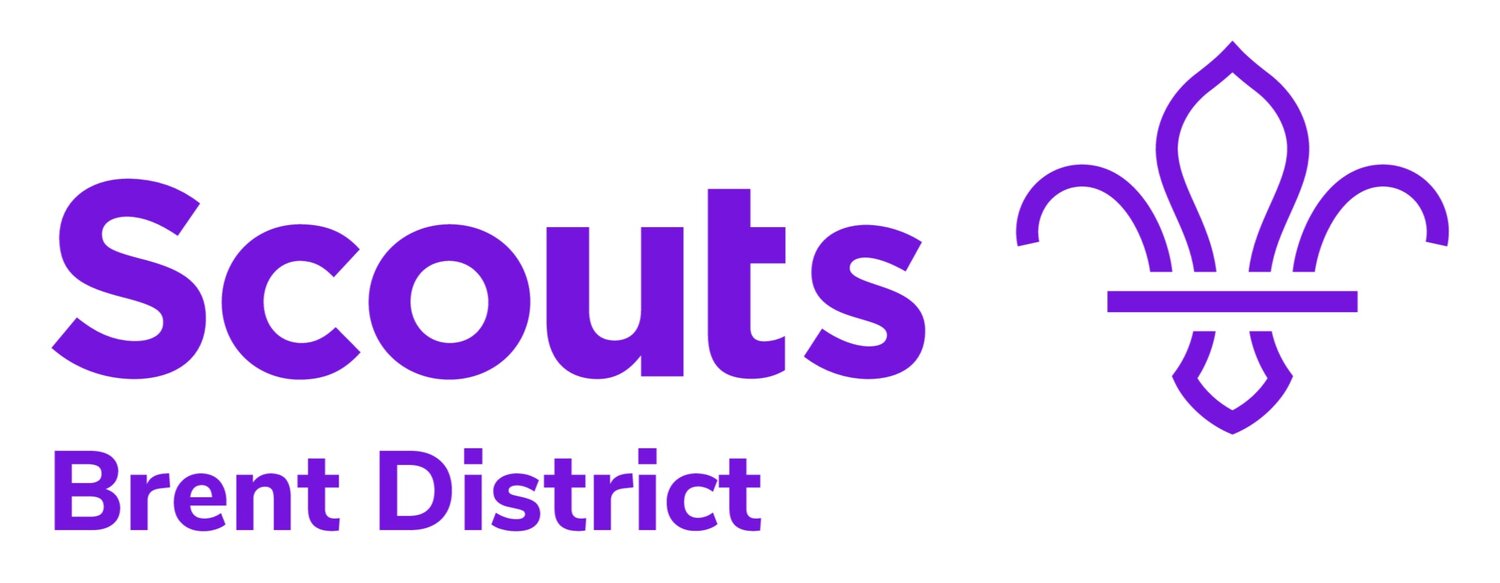Influence of Scouting in Recruitment
As part of our Perception of Scouting in the Workplace survey, we also ask questions about recruitment. Based on statements on the National Testing Hub made without any data to back them up, we wanted to understand how scouting and the volunteer’s role might influence a recruiter.
This concerns the proposal to change all volunteer role titles in Scouting, including replacing Commissioner with either Team Leader or Lead Volunteer.
“But for some of our volunteers, clearer role titles could help when describing what they do to prospective employers. Including the term Commissioner on your CV, might not mean very much to a prospective employer”
“Many of us who are currently Scouts Volunteers [sic] know what our Commissioners do, but speak to someone that doesn’t currently volunteer with [the] Scouts and you’ll probably be met by a blank look. Either that or they think you are something to do with the police or military.”
The types of roles being recruited ranged from entry-level to middle management but did not include senior or executive management. Salaries ranged from £10,000 to over £100,000, and candidate age ranged from 18 to 54, the most common being 25 to 34. They were all in office-based industries in London or the South East.
Results
If you had seen the following on the CVs of the candidates for the last position, how might have influenced your decision to recruit?
This result showed that all aspects of scouting are generally seen as a benefit to recruitment, with volunteering in a leadership or management position or as a trustee in a charity as the most positive.
If you saw on a candidate’s CV/Application that they volunteer with The Scouts would ask them about it in an interview?
This confirmed the experience of the District Team, that when we tell them we are a Commissioner or Assistant Commissioner, people ask us what we do, rather than give us a blank look.
If you saw on a CV, or a candidate told you in an interview that they volunteered with The Scouts, what skills would you assume they might have:
If you saw on a CV, or a candidate told you in an interview that they volunteered as [...] which term, do you think, would best describe that role in The Scout organisation?
Only two roles were clearly seen as senior management positions, Commissioner & Chair. The role of Treasurer is split and seen as either middle management or an experienced role.
Section Assistant was identified by the majority as an entry-level role.
Interestingly more people saw Cub Scout Leader as a management role than Team Leader.
Given that our earlier result identified that leadership, management, and trustee positions are more beneficial to a candidate, the following roles, in order, would be most beneficial:
Commissioner
Chair
Treasurer
Cub Scout Leader
Leed Volunteer
Secretary
Quatermaster
Team Leader
Section Assistant
If you saw on a CV or a candidate told you in an interview that they volunteered as a Team Leader with The Scouts, would you expect them to lead other Team Leaders with their own teams, who in turn may lead more Team Leaders with their own teams?
The majority of respondents did not expect a Team Leader to manage other Team Leaders.
If you saw on a CV, or a candidate told you in an interview that they volunteered as a Team Leader with The Scouts, how many people would you expect to be in their team?
Average: 7
Median: 5
Range: 3 - 30
This simplified organisation chart below shows the volunteers in a Scout District, including the Scout Groups. What do you think would be the right role title for the marked positions?
The following role titles were available for selection:
Team Member
Leed Volunteer
Commissioner
Team Leader
Group Leader
Chair of Trustees
Advisor
Here are the 1st and 2nd most commonly selected role titles for each position:
| 1st | 2nd | |
|---|---|---|
| A | Commissioner (47%) | Chair (27%) |
| B | Chair (47%) | Commissioner (24%) |
| C | Advisor (50%) | Team Member (24%) |
| D | Group Leader (40%) | Team Leader (27%) |
| E | Team Member (58%) | Lead Volunteer (25%) |
In general the majority of respondents identifed each position with the current role title. One clear confusion was between the Commissioner and the Chair of Trustees being the overall leader of the organisation.
Comments
“Despite subsequently learning that people I’ve recruited volunteered for the Scouts, I’ve never seen it mentioned on their CVs or brought up. People seem more focused on mentioning that they enjoy hiking, or climbing, or kayaking, rather than mentioning that they shared this with young people as part of the Scouts.”
Conclusions
Based on the survey results, we could build the following descriptions from the assumptions a recruiting manager might make about a role title:
Team Leader
An intermediate to experienced volunteer without management responsibility leading a team of ~7 volunteers.
Lead Volunteer
An experienced or management volunteer with decision making but no team leadership responsibilities.
Commissioner
A senior or executive management volunteer leading multiple teams.
Given the close results on who is the most senior leader of the organisation, the Commission or the Chair, changing the role title to Team Leader or Lead Volunteer, which are both seen as non-management positions and would lead to the assumption that the Chair of Trustees is the senior leader.





